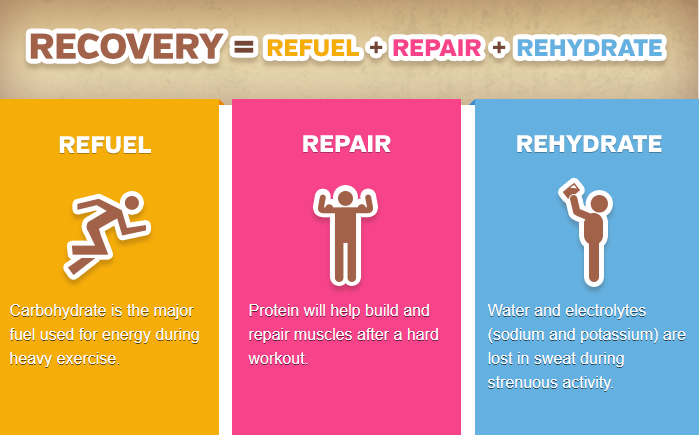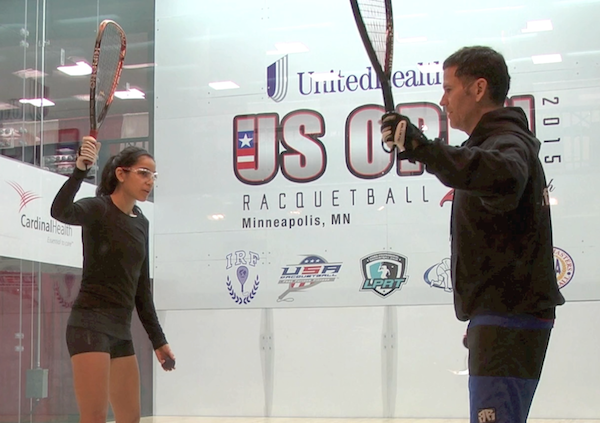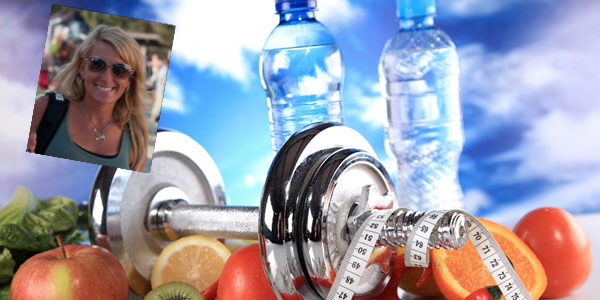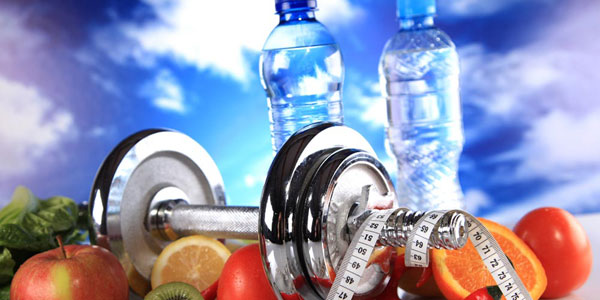Many athletes ask me what the proper recovery is when exerting an intense athletic event. After intense workouts, you are physically depleted, dehydrated and mentally exhausted. You walk out of the gym, off the court, the treadmill—whatever the case is, you feel it. You can hardly walk, you feel like you are going to pass out. The salty sweat running down your face and into your eyes. We all have been there. We are pushing our bodies to the max! But the body also needs to recover. Your body has three goals to intense workout recovery: refuel, rehydrate, and repair. The following are ways to achieve these goals.
• Refuel
Glycogen, which is found in muscles, is a stored form of glucose in the liver. After an intense workout, it must be restored. Once glycogen is depleted, you’ll feel fatigued and your performance may suffer. When the body needs a quick boost of energy or when the body isn’t getting glucose from food, glycogen is broken down to release glucose in the bloodstream to be used as fuel. Consuming about 1.5g of high glycemic carbohydrates per 1kg of body wt (about 2 pounds) will help replenish and refuel muscles glycogen. Examples of high glycemic carbohydrates are: cereals, potatoes, bread, rice, rice cakes, cantelope, and watermelon
• Rehydrate
An easy way to determine your hydration status is assessing the color of your urine. If you are hydrated, your urine should be clear and in a large amount. I always say you should consume about 64 ounces water daily (not including during workouts) to stay hydrated. Many think that is too much because they are constantly running to the bathroom. Remember, as I previously stated in another article, your body is made up of about 72% water. You need to replenish daily. You should, if possible, weigh yourself before and after a workout and consume 25 ounces of fluid for each pound of fluid lost. You also lost electrolytes and potassium, so make sure you choose a drink that contains both. For sodium loss, choose a meal that contains a moderate amount of sodium.
• Repair
Intense workouts break down glycogen and fat for fuel and post workouts break down muscle. Athletes should eat high protein foods after exercise to stop this effect. You consume 20-40 grams of protein. Whey protein is a great source. It has amino acids and releases rapidly into the bloodstream. A shake is also good—it has protein and carbohydrates to rehydrate as well. Athletes should consume protein regularly throughout the day to ensure muscle failure sensitizes muscle tissue to protein for up to 48 hours after intense exercise.
Of course, these are “perfect situation” examples and I know being an athlete for a long time, everyone is different in how they recover after an intense workout. It really depends on the sport you’re playing as to how you should vary your nutrition requirements. These are only general guidelines, and athletes should consult medical advice on the specific situation and their health conditions.
 Tanya Nofs
Tanya Nofs
Tanya is a nutritionist and blogger for Cliff Swain.
Her focus is on health and nutrition for the serious athlete.




